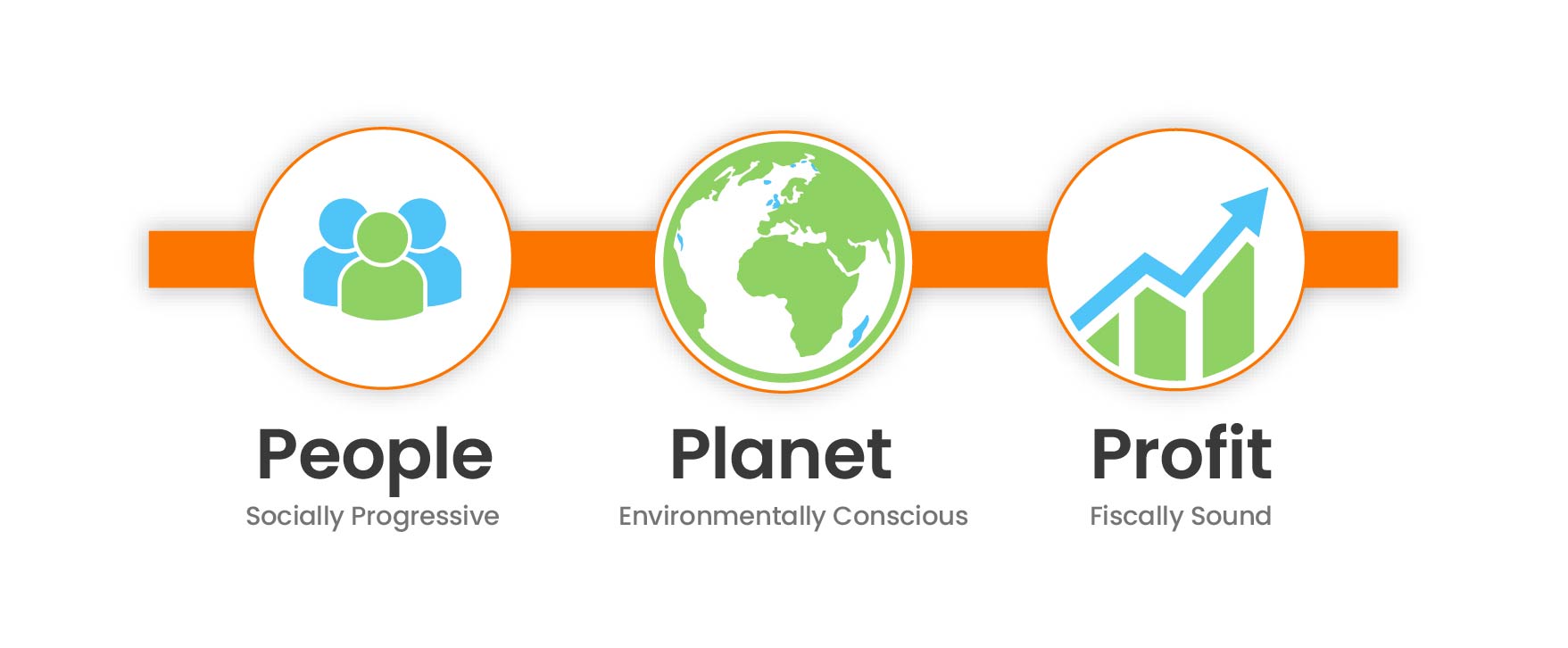India is expected to focus on issues aligned with national priorities for sustainable development, energy security, and climate actions, and reiterate its call for respecting the equity and principle of Common But Differentiated Responsibilities (CBDR) at the 2024 UN Climate Change Conference (COP29) beginning in Azerbaijan’s Baku on Monday.
Officials said India’s expectations from COP29 are mainly based on its approach at previous sessions. “We envision negotiating considering a few key issues that align with our national priorities for sustainable development, energy security, and climate actions,” said a Union environment ministry official. “India will continue to call for respecting…CBDR, which recognises that…climate change is a global issue [but] developed nations bear a greater historical responsibility for emissions and should take the lead in mitigation and finance.”
Experts have described COP29 as one of the consequential meetings to keep alive the goals of the Paris Agreement. The pact seeks to hold the increase in the global average temperature to well below 2°C above pre-industrial levels. It underlines the need for pursing efforts to limit the temperature increase to 1.5°C above pre-industrial levels.
The New Collective Quantified Goal (NCQG), a fair and balanced finance deal, is at the top of the COP29 agenda. The NCQG is the successor to the Global North’s annual $100 billion climate finance commitment for developing nations. It is expected to be operationalised in 2025.
Indian officials said the COP29 must hold the principles and provisions of the UN Framework Convention on Climate Change, and the Paris Agreement, and prevent the imposition of undue obligations on developing nations.
Donald Trump’s election has cast a shadow on the climate talks mainly because he denies the issue and there is a likelihood of the US pulling out of the Paris Agreement.
Indian officials listed seven main expectations. The NCQG will be a key element in the discussions for India, which will continue to be vocal about the need for adequate finance for the Global South. The focus of the climate finance discussions remains on investments in mitigation actions. India expects COP29 to maintain balance and highlight the urgency of addressing adaptation needs, particularly for vulnerable communities in developing countries. It wants COP29 to ensure that climate finance is adequate, predictable, accessible, grant-based, low-interest, and long-term.
On the energy transition, India wants COP29 to ensure that it is just, and is achieved in a nationally determined manner.
India, as a country highly vulnerable to climate impacts such as floods, droughts, and extreme heat, expects emphasis on enhancing adaptation actions and resilience. This includes the need for enhanced support for achieving the targets agreed under the global goal on adaptation particularly in sectors like agriculture, water resources, and urban infrastructure.
India has been calling for addressing loss and damage related to climate impacts. It expects additional commitments for mechanisms to finance it at COP29.
India would continue to engage in discussions around the strengthening of collective global climate action and call upon developed countries to ramp up their climate ambitions.
India hopes to conclude the work on Article 6 of the Paris Agreement (Carbon Markets). It expects COP29 to agree to a mechanism that uses market-based instruments such as carbon credits to incentivise low-carbon development.
Officials said the parties should establish clear rules for global carbon markets that do not create unfair barriers to trade or development and instead address the technology and financing gaps for supporting developing nations.
Kirti Vardhan Singh, minister of state for environment, will lead India’s inter-ministerial delegation at COP29. Union environment ministry secretary Leena Nandan will be the deputy leader of the delegation. Additional secretary Naresh Pal Gangwar will be India’s lead negotiator, and joint secretary Neelesh Sah the deputy negotiator.
Source: Hindustan Times, Nov 11, 2024



